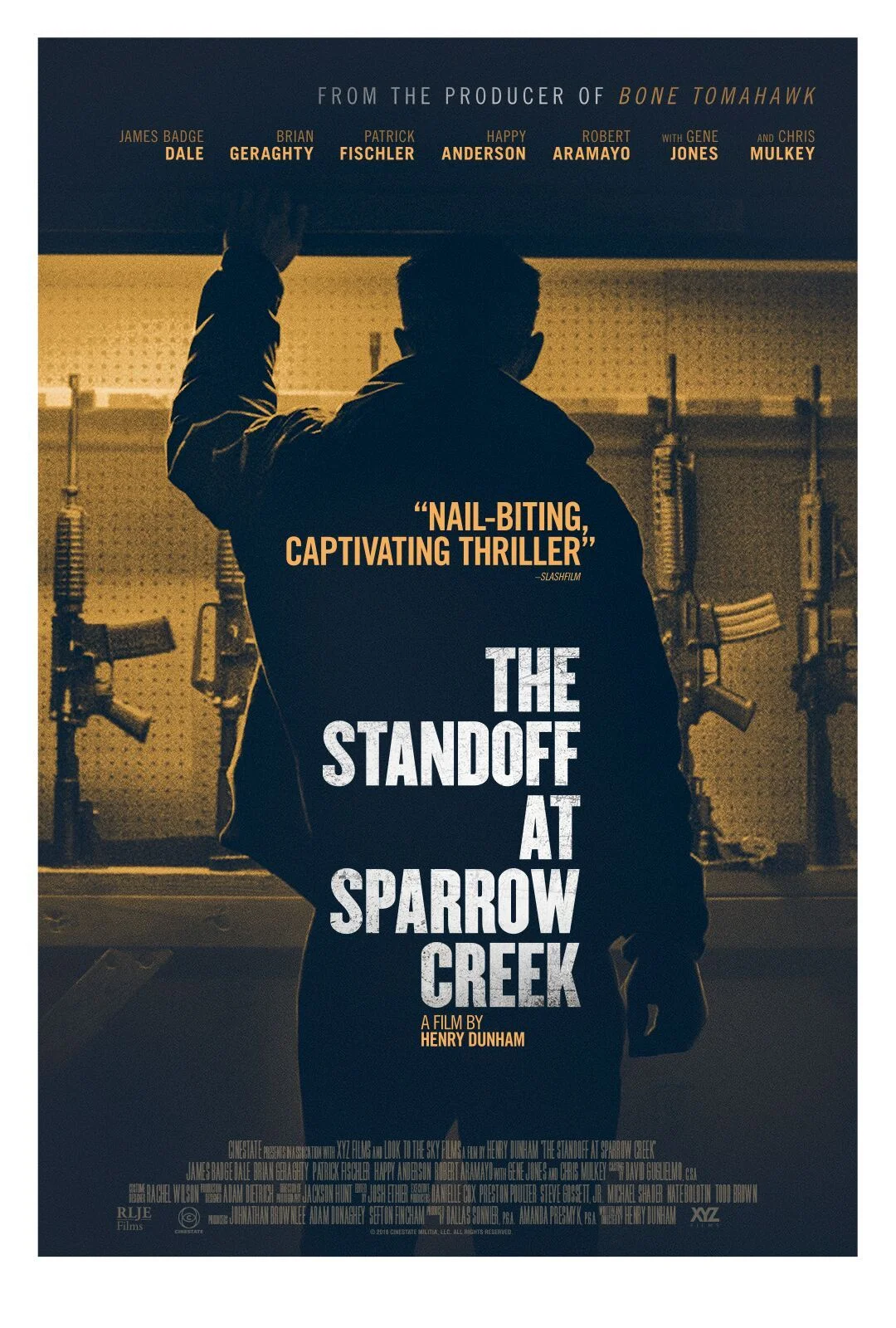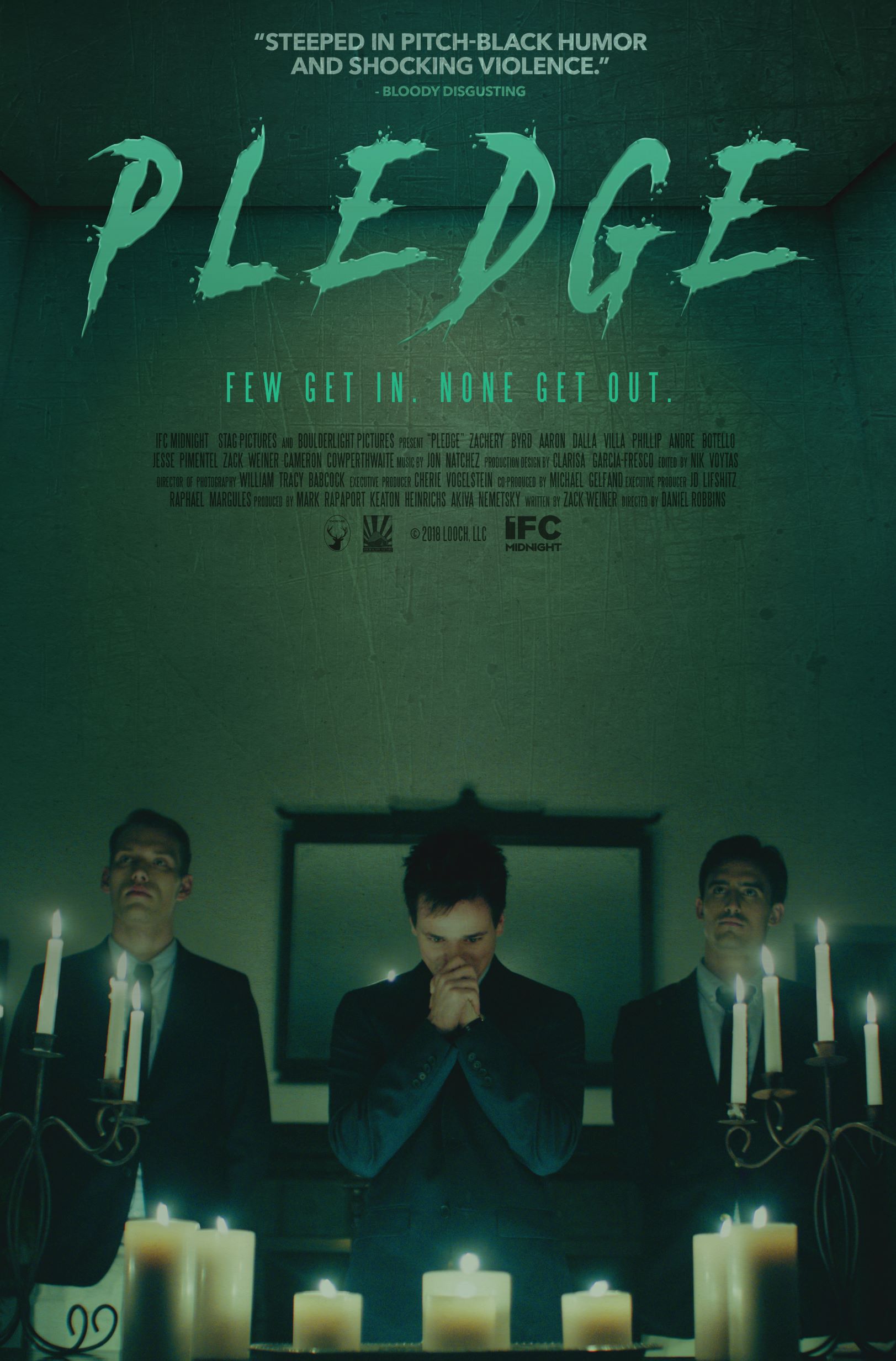(Broken) Glass
It was interesting seeing Unbreakable for the first time in probably fifteen years. I remember being disappointed when I first saw it because it felt like a complete 180 from M. Night Shyamalan’s debut movie. But as the years went by, critics and audiences (and this reviewer) warmed to it. And rewatching it really cemented it as the quintessential M. Night flick.
Looking back on it, it was a dour and somber experience that was more interested in developing character than focusing on plot. It’s more obvious now that it’s a superhero origin story, but one of its biggest strengths was its restraint. It didn’t rely on huge set pieces or heavy action sequences that we’ve come to expect from comic films. It even ended with a “where are they now” post script before the credits.
Then, Split surprised in 2016 by repurposing the structure and formula. It acted like a horror movie about mental illness and was more interested in developing its main characters than it was being super hero-y. And once again it was thrilling and character driven, without the need for fancy effects or world-breaking hijinks.
Now we have Glass, a sequel to both the 2016 film and, most importantly, to a story from almost 20 years ago. And, to be honest, it’s really hard for me not to default to a joke about the title. Something like, “And like its namesake, Glass is fragile.” Or “The legacy of Unbreakable is shattered like Glass.”
I’m trying, dear reader. But, as much as it pains me to say it, the truth is: Glass is bad.
Sure, it starts thrillingly enough by quickly reintroducing Kevin Wendell Crumb/The Beast/Patricia/etc (James McAvoy) and his latest kidnapped group of young women. This is crisscrossed with David Dunn (Bruce Willis) and his son Joseph (Spencer Treat Clark, who has grown up quite nicely) who now run a security store by day and hunt for criminals (namely The Beast) by night. Joseph has become a sort of an Oracle to David’s Batman, providing him with information and updates through his earpiece. They work efficiently and effectively together.
Quickly, David locates The Beast, saves the girls and has what amounts to a low-key WWE-esqe fight with The Beast which culminates with them falling out of a window and being surrounded by cops and new character Dr. Ellie Staple (Sarah Paulson). This is all within the first 20 or so minutes. Just as the tension was steadily building, Dr. Staple’s appearance halts it completely and totally.
The second act is staged almost entirely in a psychiatric hospital, where Dunn, The Beast and Mr. Glass (Samuel L. Jackson) are all now housed. Actually, let me rephrase that. They are being held in the most lax, unprofessional and, frankly, unfunctional, hospital I’ve ever seen in a major film. The very large estate appears to be staffed by a handful of people, none of whom seem to be very good at their jobs. And in a facility housing a criminal mastermind, a very seasoned serial killer, and a vigilante, I call bullshit.
But that’s not even the part I have problems with. No, what ended up boring me to tears is that the second act (not to mention Sarah Paulson) is completely wasted with Dr. Staple trying to convince these three individuals, and the viewers by proxy, that maybe they aren’t super people and are, instead, mentally ill.
If this wasn’t the third movie in a series of movies about origin stories, it’d maybe work. But we know they are supernormal. They know they are supernormal. And I don't want to be mean but viewers should also know they are supernormal by virtue of seeing the previous two films. And the "evidence" brought to try to change mins was miniscule and eye-rollingly bad. So why are we treading water in a movie that should be a defining moment in Shyamalan’s career? Glass should be a victory lap.
Unbreakable and Split worked for a number of reasons. They were character driven pieces that focused on an opposing protagonist (Dunn and Casey) and antagonist (Glass and Kevin) and contrasted how they were similar and yet went on different paths in life. Two characters inextricably connected and growing into who they are destined to be. I particularly resonated with Split’s depiction of two characters struggling with past abuse and trauma and loved seeing Casey’s journey towards caring about her future.
Here, instead of furthering the narrative in a meaningful way, we’re reduced to a catatonic Mr. Glass being picked on by the hospital staff, scenes of The Beast throwing himself at a barrier of lights and a moping, phoned in performance by Willis as his Dunn sits in various corners of his cell. It's not about a group of super humans trying to escape the facility. That doesn't happen until the plot demands it. Until that moment, they are painfully passive. For a movie named after a character, Mr. Glass gets little screen time and has become a caricature of who he was in Unbreakable
Supposedly, it's here the film is attempting to examine the relationship between potentially superhuman beings and normal people. And yet this is represented by Dr. Staple trying to convince them that they aren't well. There's an odd dichotomy between the intent and execution, and I don't believe this talky section is completely successful. And then the narrative requires them to break out of the hospital and so they do. And here is where the additional problems arise.
Ironically, for a series that tried so hard to fight against being a typical superhero narrative, Glass falls victim to some of the worst narrative proclivities of modern superhero films in the final act. It breaks the narrative rules established with the previous two films as being about character depth and developmenr. . Our group of misfits we’ve grown to love and loathe become utterly meaningless with third act revelations that introduce narrative wrinkles that felt introduced to set up more films. For some, this twist will work. For me, it felt like a cop out for a 20 year old series.
M. Night trends to get a bad wrap. But as I was watching Unbreakable, I saw the little details that spoke to his ability as a visual director. After Dunn survived the train derailment and is greeted by his estranged wife and son, he holds his wife’s hand while Joseph watches. But as they start to walk towards the hospital doors, Joseph in the front with his back towards David/Audrey, they slowly let go of each other. It’s a small moment, but illustrative of Shyamalan’s ability to quickly, efficiently and subtly tell a story. Where did that director go, I have to wonder, with this new movie?
Before our showing of Glass began, M. Night had a live streamed Q&A where he discussed how bad the critical reception was when Unbreakable first opened. That slowly people came around to it and now it's one of his most celebrated films. Maybe lightning will strike twice. Maybe when we look back in another 20 years, Glass will end up being equally celebrated. But I don't think that'll be the legacy.
I think once shattered, maybe glass is nearly impossible to put back together.







![[Review] The Head Hunter](https://images.squarespace-cdn.com/content/v1/5b39608d75f9eef54c62c3f0/1554323233747-FF8JR9793KEZ94XFLFI7/IMG_2343.JPG)